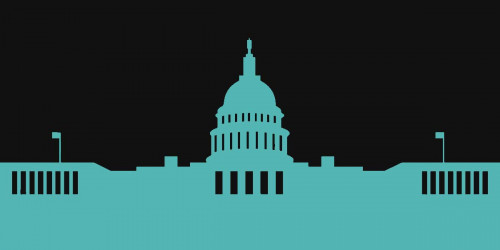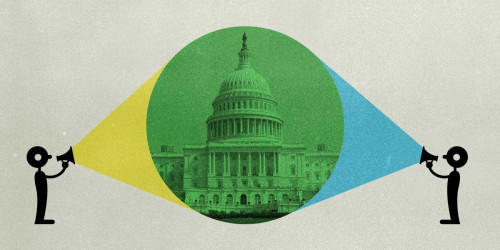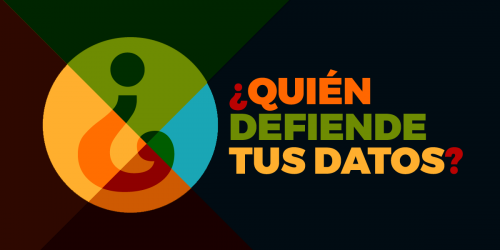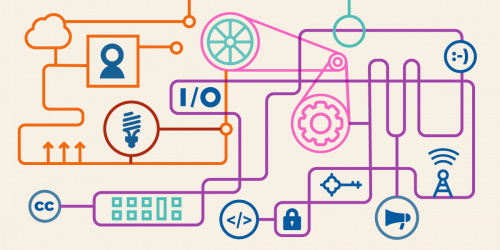In 2005, Congress hastily passed legislation that rolled back privacy rights and moved the country towards a national ID system. The REAL ID Act states that drivers' licenses will only be accepted for "federal purposes"—like accessing planes, trains, national parks, and court houses—if they conform to certain uniform standards. The law also requires a vast national database linking all of the ID records together. Estimated costs of $12 billion or more will be passed on to the states and, ultimately, average citizens in the form of increased DMV fees or taxes.
Thankfully, new bipartisan legislation could correct some of REAL ID's many flaws and add critical privacy and civil liberties safeguards. With the "Identification Security Enhancement Act of 2006," Senators Daniel Akaka (D-HI) and John Sununu (R-NH) would cancel most of the standardization that might have led to a national ID card, call for more flexible standards, require encryption of the data itself, and prohibit the use of ID data by third parties.
For more information on the problems with the Real ID Act of 2005, visit www.realnightmare.org.










